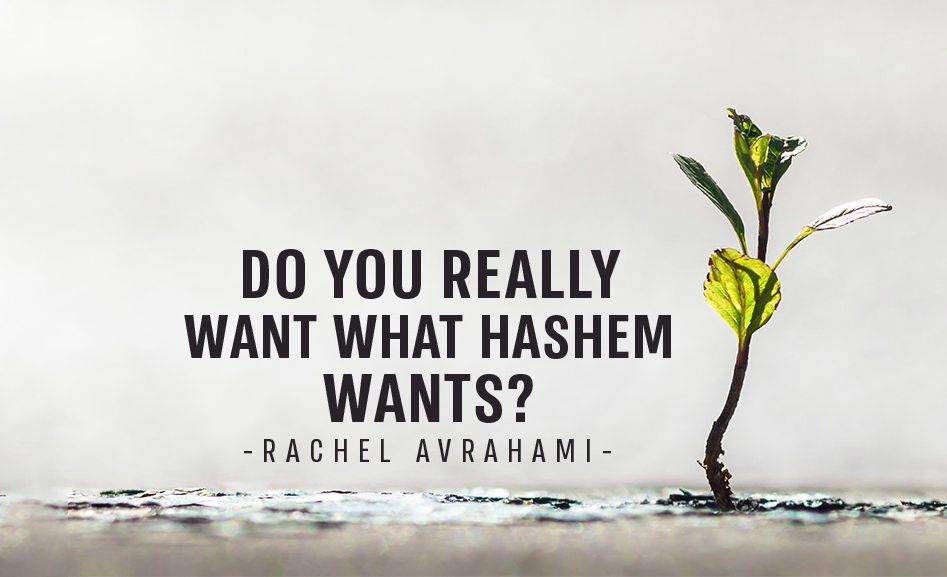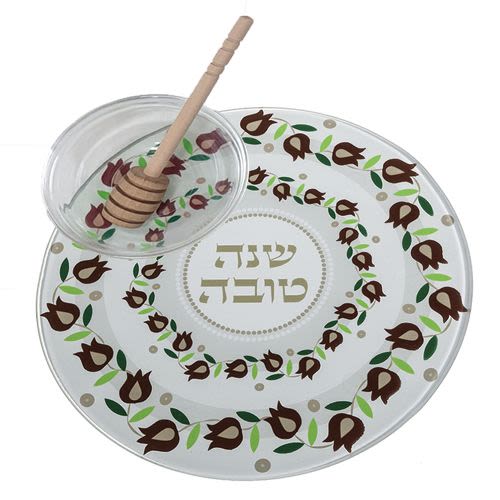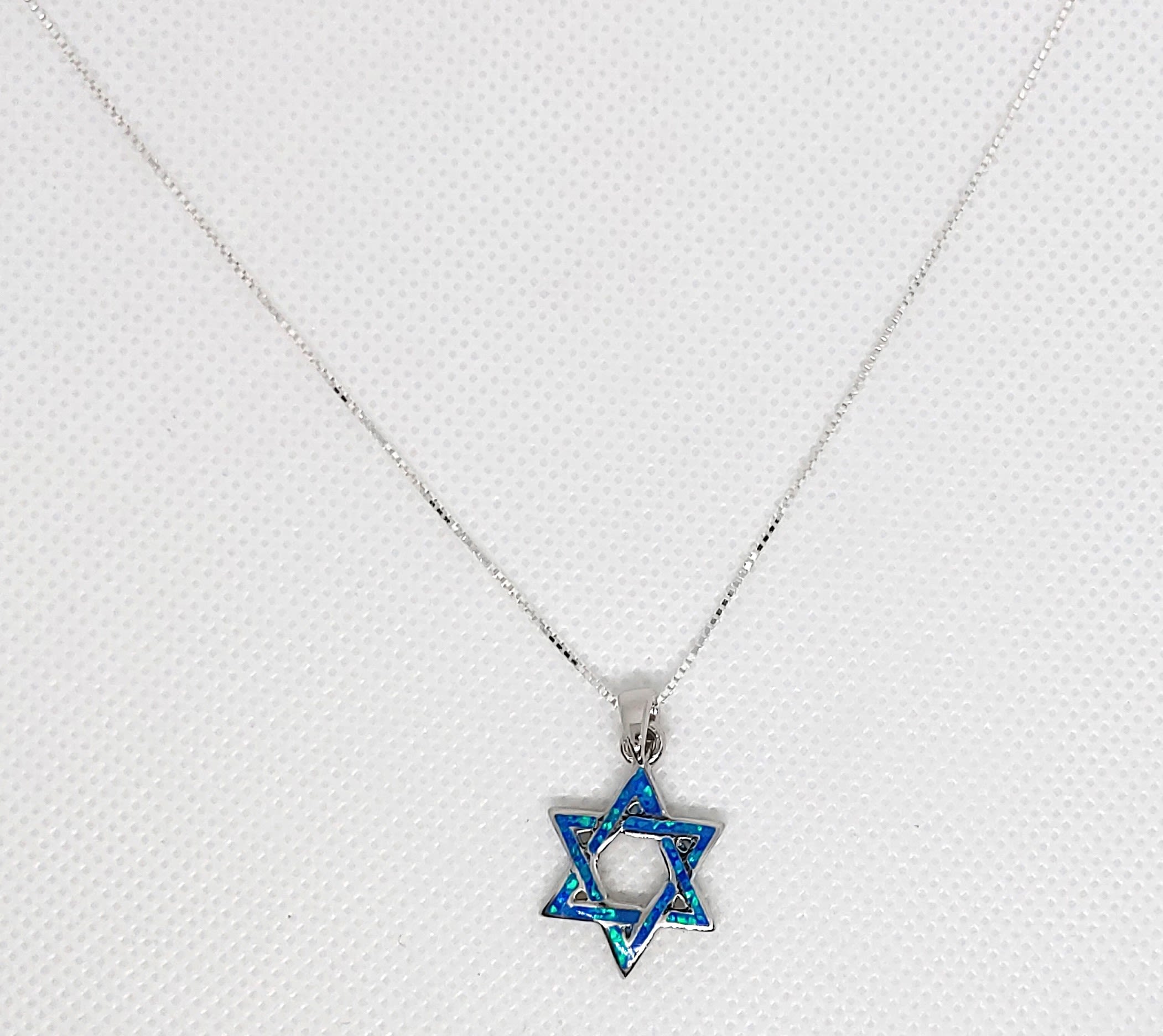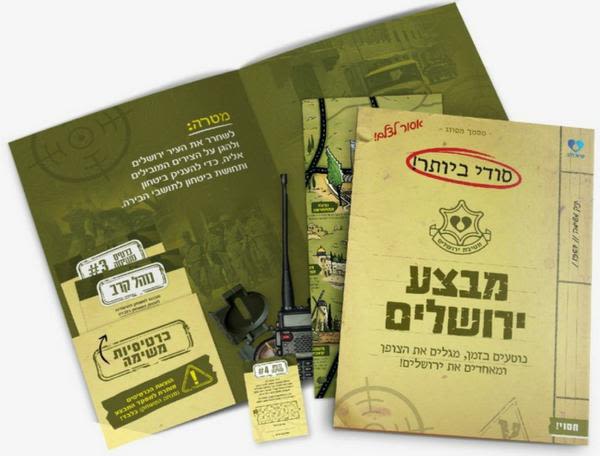
The Mailman
The gabbai tapped me on the shoulder and called me up to the Torah; that was strange, because I didn't buy an Aliya – they were auctioned off at prices way past my budget...

The aliyot, the privileges of being called to the Torah, are auctioned off to the highest bidders in many Israeli synagogues; ours is no exception. High-Holiday honors are especially expensive and our local lore here is that they’re the synagogue administration’s source of revenue to pay all the overdue electric bills from the long hot summer. At any rate, on Yom Kippur, prices were skyrocketing in our synagogue. It’s customary to buy an aliyah at least once during the High Holidays, so those who hadn’t yet been called up to the Torah were now pouncing on this year’s High-Holiday last opportunity[1]. Quite a few overseas guests were attending our services and the bidding had long ago out-priced the locals’ budgets. Since I had purchased an aliyah on Yom Kippur, I wasn’t even paying attention to the Simchat Torah bidding, much less participating. During the bidding recess, I was totally absorbed in the sweet world of Likutei Tefillot, Rebbe Natan’s Prayers.
The bidding ended and the Torah service began.
After everyone had been called up to the Torah, including the little children and the babies[2], the “Chattan Torah”[3] completed the Torah and the “Chattan Bereishit” began the Torah once more from the beginning. Much singing, dancing and handing out treats for the kids added to the festive atmosphere.  Things calmed down, and a third Torah scroll was brought to the podium for the final Torah reading of the morning, the maftir. The gabbai, the synagogue functionary responsible for selling the aliyot and administering the Torah service, called, “Yaamod Eliezer Raphael ben Yaacov, maftir!” – “Eliezer Raphael the son of Yaacov – stand to maftir!”
Things calmed down, and a third Torah scroll was brought to the podium for the final Torah reading of the morning, the maftir. The gabbai, the synagogue functionary responsible for selling the aliyot and administering the Torah service, called, “Yaamod Eliezer Raphael ben Yaacov, maftir!” – “Eliezer Raphael the son of Yaacov – stand to maftir!”
Eliezer Raphael ben Yaacov? That’s me! Maybe one of the guests had the same name as me…
My permanent seat in the synagogue is to the immediate right of the Torah podium. The gabbai leaned over the podium and whispered, “Lazer, quit daydreaming – you’ve been called up to the Torah!”
Say what? I shrugged in who-me style and whispered back to the gabbai, “I didn’t purchase an aliyah.”
The gabbai said, “Stop wasting time – one of the guests bought maftir for you.”
After the maftir reading, I recited the Haftorah[4] and its blessings. I then asked the gabbai who bought me the aliyah so that I could make a mi-sheberach[5] blessing for him. He pointed to a gentleman from England who was sitting in the back row, and told me his name. I waved a thank-you to him and then made the mi-sheberach blessing for him, and then walked over to him to thank him personally.
“I really appreciate the aliyah you bought for me,” I said, “but we don’t even know each other. Why did you spend so much money buying an aliyah for me?”
“You see,” the gentleman from London said, “I really do know you – very well, in fact. I commute daily to work and you ride with me in the car. I live by your emuna CDs – they’ve saved my life in more ways than one.”
“The thanks go to my teacher, Rabbi Shalom Arush shlit’a – I’m just the English-speaking mailman.”
“The world needs good mailmen too,” smiled the Londoner. “Keep up the good job.”
Cherished friends, we can all be mailmen. An emuna book or CD is a love-letter right from Hashem that everyone appreciates. But like all reliable mailmen, we can’t be afraid of barking dogs and inclement weather. Now, more than ever, we must all help spread emuna.
[1] In any event, every single man and boy is given the opportunity of being called up to the Torah on Simchat Torah for free, but the purchased aliyot are known to be conducive for all sorts of Divine blessings.
[2] During the “Kol Hanaarim” Aliya
[3] Literally “Groom of Torah”, he who is honored with reading the final section of the Torah on Simchat Torah
[4] Portion of Prophetic readings read after the regular Shabbat or holiday Torah reading
[5] Literally, “He who has blessed”; an invocation of Divine blessing for someone










Tell us what you think!
Thank you for your comment!
It will be published after approval by the Editor.